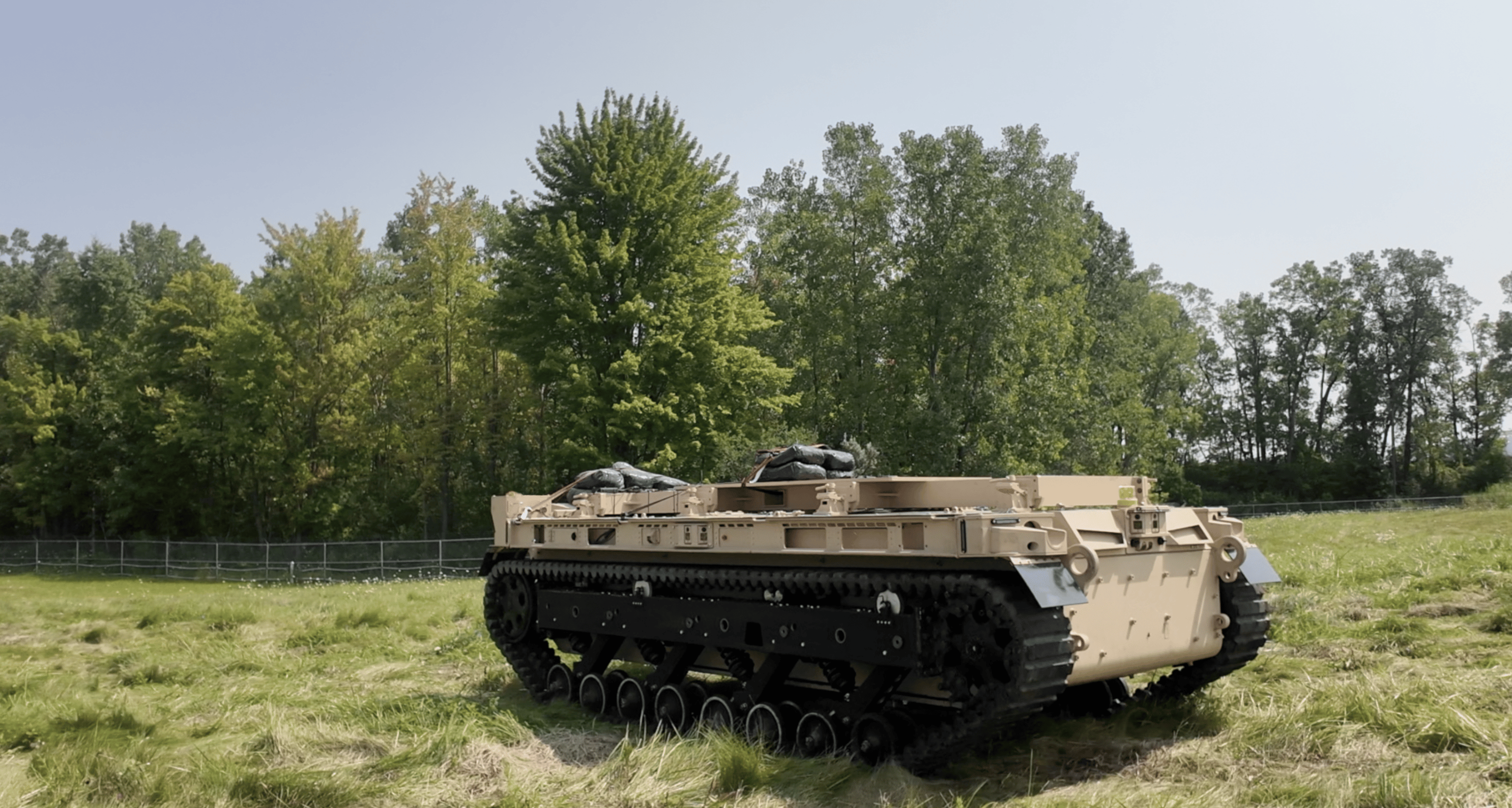BS EN 1195 Seating Strength Testing for Transport Crew Seats
The BS EN 1195 standard is a critical guideline for ensuring that transport crew seats meet the necessary safety and comfort requirements. This testing procedure evaluates the strength of seat assemblies, which are essential in vehicles such as military armored personnel carriers, buses, and commercial trucks. The purpose of this test is to verify that the seating systems can withstand the forces encountered during normal use without failing catastrophically.
The BS EN 1195 standard covers both static and dynamic loading tests to assess different aspects of seat assembly integrity. Static testing measures the maximum load a seat can bear before yielding, while dynamic testing simulates real-world scenarios where seats are subjected to repeated loading cycles. This dual approach ensures comprehensive evaluation of the seating system's performance under various conditions.
The test setup involves mounting the seat in a specific configuration that mimics its position within the vehicle. A load is then applied according to predefined standards, and the response of the seat is recorded and analyzed for compliance with the specified criteria. The testing process also includes visual inspection of the seat assembly after loading to identify any visible damage or deformation.
In military applications, where vehicles are often exposed to extreme conditions and rough terrains, this type of testing becomes even more critical. The robustness of transport crew seats can mean the difference between a safe journey and a potentially life-threatening situation. By adhering strictly to BS EN 1195 standards, manufacturers ensure that their products meet stringent safety requirements.
Compliance with these regulations not only enhances passenger safety but also contributes significantly to overall vehicle reliability. When selecting testing partners for such critical components, it is important to choose an accredited laboratory known for its expertise in automotive and military sectors. Our facility offers state-of-the-art equipment capable of performing precise tests according to international standards like BS EN 1195.
Our team comprises experienced professionals who understand the nuances involved in this type of testing. They possess extensive knowledge about various materials used in seat construction, including foam density, fabric types, and frame structures. This deep understanding allows us to provide accurate assessments that reflect real-world usage conditions accurately.
Quality and Reliability Assurance
Ensures that all seats comply with international standards
Maintains consistent quality across production batches
The BS EN 1195 standard plays a crucial role in maintaining high levels of quality and reliability for transport crew seats. By adhering strictly to this regulation, manufacturers can be confident that their products meet the necessary safety standards consistently.
Our laboratory employs rigorous quality control measures throughout each stage of the testing process. From initial setup through final analysis, every aspect is carefully monitored to ensure accuracy and consistency. This commitment to excellence ensures that our clients receive reliable test results they can trust.
Customer Impact and Satisfaction
Enhances safety during vehicle operation for transport crew members
Improves overall comfort levels within the vehicle environment
The benefits of complying with BS EN 1195 extend far beyond mere regulatory compliance; they directly impact customer satisfaction and safety. By ensuring that seats meet these stringent requirements, manufacturers enhance both the physical and psychological well-being of those who use them regularly.
Our clients benefit from knowing that their products have undergone thorough testing according to recognized international standards. This gives them peace of mind regarding product quality while also allowing them to focus on other aspects of their business operations confidently.
Environmental and Sustainability Contributions
The importance of environmental sustainability cannot be overstated, especially when considering the long-term use of transport crew seats. By ensuring that these components meet stringent safety requirements through rigorous testing like BS EN 1195, we contribute positively towards maintaining safe transport systems which ultimately supports sustainable practices.
Our laboratory takes an environmentally responsible approach to all its operations, minimizing waste and energy consumption wherever possible. We believe in sustainability not just as a business practice but also as part of our commitment to the communities we serve.





